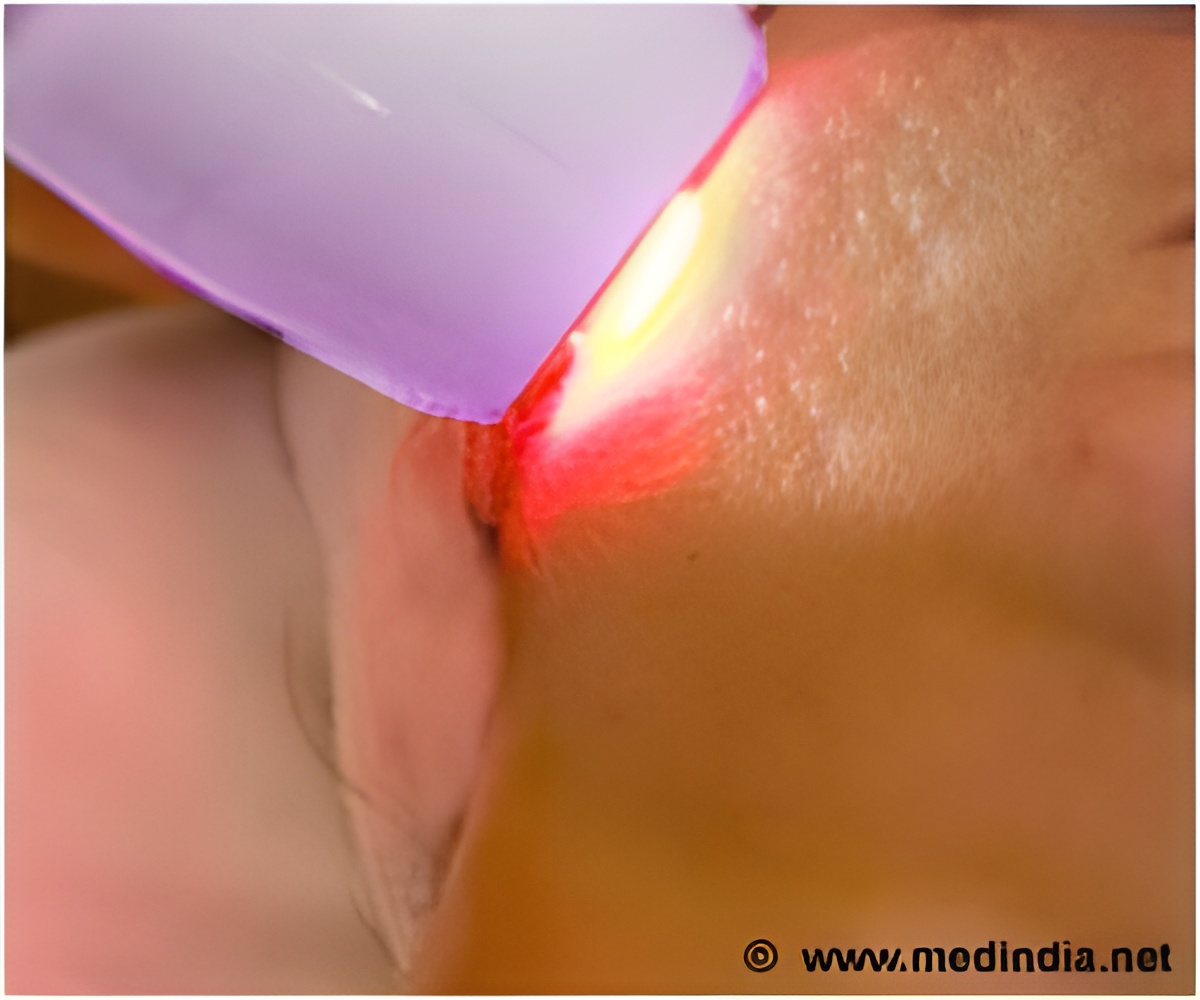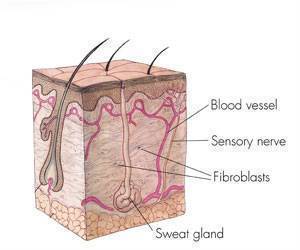Scientists have found that the anti-inflammatory molecule, IL-10, may improve success rates of skin autografts (skin moved from one site of the body to another). This information provides a valuable drug target that may benefit burn and accident victims. Specifically, researchers from Portugal and Brazil show that IL-10 plays an important role in whether or not an isogenic skin graft (skin from one individual grafted into another genetically identical) is successful and that the cells responsible for this effect are from the donor skin and not from any tissue of the recipient. This finding appears in the August 2012 issue of the
Journal of Leukocyte Biology (
http://www.jleukbio.org).
"Much work is needed to advance from mouse experiments to finding in humans," said Luciana Vieira de Moraes, Ph.D., a researcher involved in the work from the Disease Genetics Lab at Instituto Gulbenkian de Ciência in Oeiras, Portugal. "However, monitoring IL-10 levels in the graft tissue may improve therapeutic success."
To make this discovery, scientists conducted experiments using different groups of mice, some of which were genetically modified to not produce IL-10. The first group, which produced IL-10, received a tail skin graft from mice that lacked IL-10. These grafts were not accepted by the recipient. The second group that did not produce IL-10 received tail skin from donors that had IL-10. In this case grafts were accepted. These findings suggest that IL-10 is important immediately after transplantation.
"This study shows that donor skin is not a passive player in the grafting process. Indeed, immune cells in the skin play an active role in whether or not the graft is accepted or rejected by the body. While considerable work remains, these findings open the door to exploit the IL-10 pathway to aid in skin grafting procedures in a variety of clinical settings," said John Wherry, Ph.D., Deputy Editor of the
Journal of Leukocyte Biology.
Source-Eurekalert















